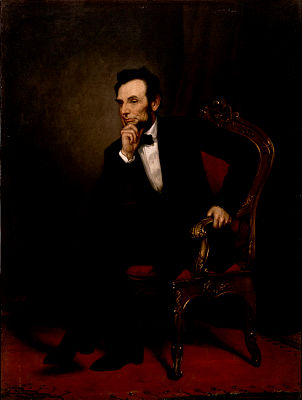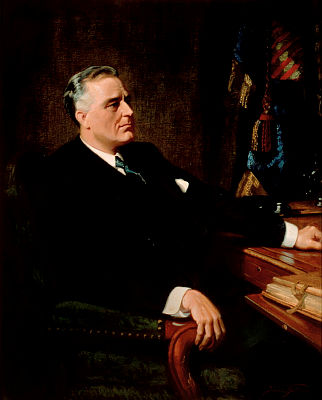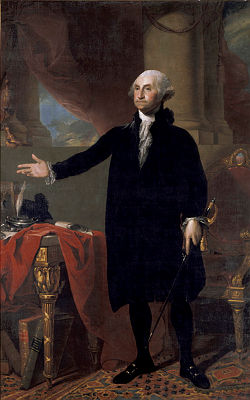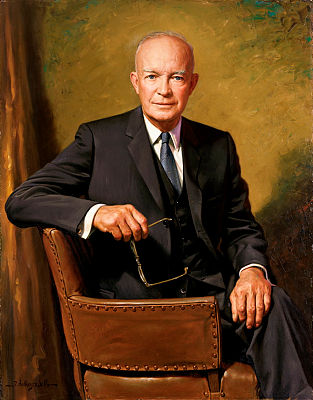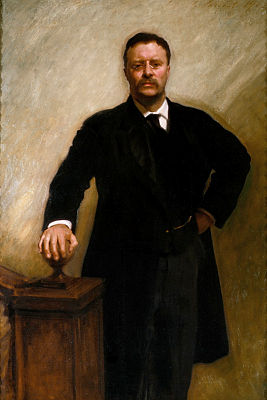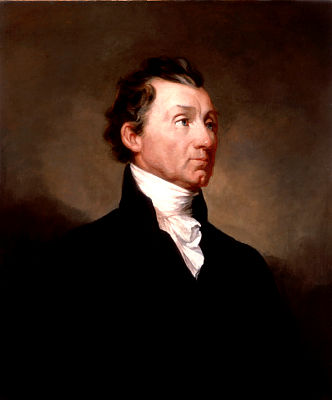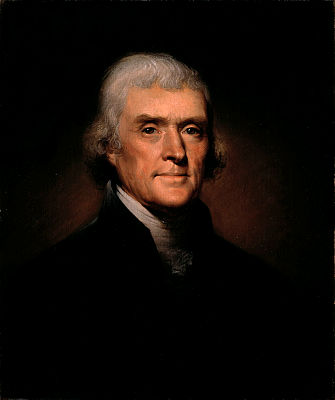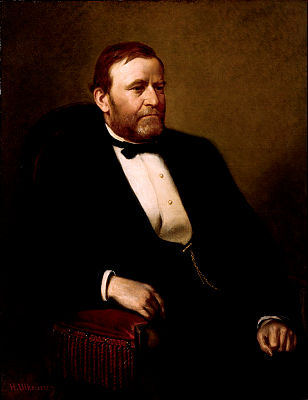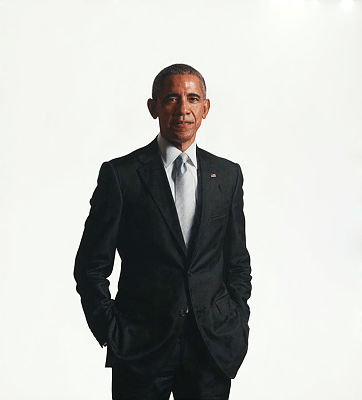- Joined
- Mar 7, 2019
- Messages
- 101,933
- Reaction score
- 34,650
- Points
- 138
- Age
- 29
Title kind of says it all. This is just gonna be my sort of general top 10s for anything that's on my mind. Whether it be history, or politics, or lifestyles. Some of these might be in a specific order, others might not be. Really depends how I'm feeling. So anyways, enjoy some of my weird thoughts and if you agree, good, and if you don't, go fuck yourself and have a nice day!
"The List"
Top 10 U.S. Presidents (11/23/25)
Last edited:



